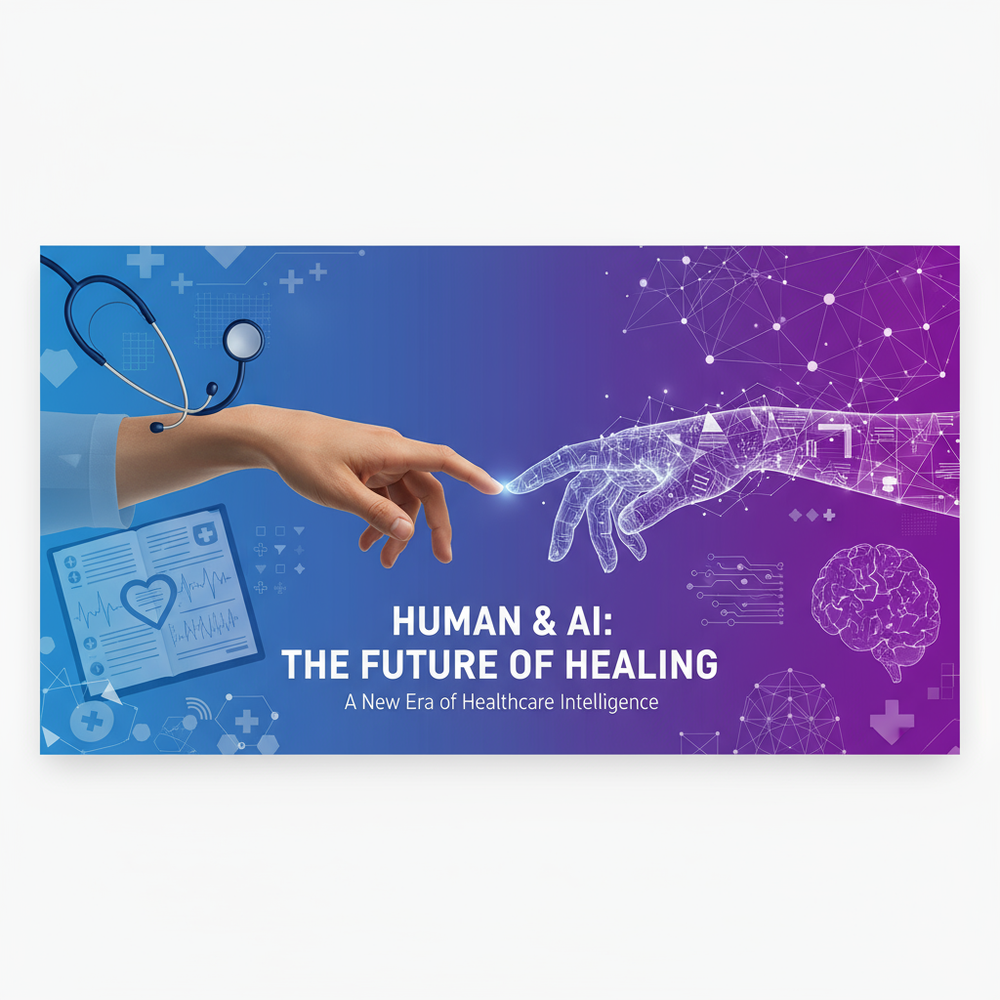
AI That Actually Cares About Your Grandkids
Healthcare practices are hemorrhaging staff. Nurse turnover hit 18.4% annually. Certified nursing assistants? 41.8%.
The cost to replace a single nurse ranges from $50,000 to $70,000. For physicians, that number jumps to $500,000.
But I discovered something that changes everything about patient care. AI that doesn't just schedule appointments or answer basic questions.
AI that asks a patient struggling with back pain: "What is this stopping you from doing with your grandkids?"
Beyond Symptoms to Life Impact
Most healthcare AI focuses on efficiency. Faster booking, quicker responses, basic FAQ handling.
That misses the real opportunity.
When I program AI healthcare assistants, I train them to dig past symptoms to life impact. Instead of asking "Rate your pain 1-10," they ask about lifestyle consequences.
The difference is profound.
A patient with chronic back pain isn't really coming in for pain management. They're coming because they can't pick up their grandchildren. They can't perform at work. They can't enjoy life.
Traditional healthcare focuses on the symptom. Smart AI focuses on what that symptom is costing in their actual life.
The Psychology of Patient Motivation
Here's what I learned after years of practice: people will always do more for others than themselves.
Someone might live with an 8/10 pain level for months. But tell them that pain is affecting their ability to be present for their family? They act immediately.
I train AI to recognize when patients are putting everyone else first. The system asks about personal time, morning routines, stress management habits.
When someone mentions zero personal time and constant caregiving for others, the AI pivots. It starts asking quality of life questions about work performance, relationships, and family impact.
That's when people make real change.
The Consistency Advantage
Human staff get tired. They have bad days. They forget to ask the right follow-up questions.
AI stays consistent.
Once programmed with emotional intelligence, it asks the same probing questions every time. It never skips the lifestyle impact discussion. It never forgets to explore what pain is really costing someone.
This consistency creates something powerful: predictable emotional connection.
The AI becomes a detective, reading between the lines of what patients aren't saying. When someone describes their schedule but mentions no personal time, the system knows they're overwhelmed caregivers.
The Handoff That Matters
The magic happens in the transition to human care.
When a doctor walks into the room already knowing this patient can't pick up their grandkids anymore, everything changes. The practitioner can immediately show empathy and understanding while presenting a direct path to results.
The AI confirms understanding with the patient, then passes detailed emotional context to the doctor. No information gets lost. No emotional thread breaks.
This creates what I call the "know, like, trust" acceleration. Patients feel heard before the doctor even enters the room.
The Business Transformation
The numbers tell the story. It costs 7x more to acquire a new patient than keep an existing one.
But here's the disconnect: 76% of practices believe they do patient engagement well. Only 54% of patients agree.
AI emotional intelligence bridges that gap.
When patients feel genuinely understood, they become loyal. They refer others. They stick with treatment plans longer.
Practices stop being commoditized against competitors offering similar treatments. The emotional connection becomes the differentiator.
Instead of constantly chasing new patients, phones start ringing from referrals. Word of mouth replaces expensive marketing.
The Future of Healthcare Connection
AI won't replace human empathy. But it can amplify it.
By handling the emotional detective work upfront, AI gives practitioners their time back while ensuring no patient feels unheard.
The result? Better patient outcomes, stronger practice growth, and healthcare that remembers what it means to truly care.
Your next best employee might not be human. But it will understand what matters most to your patients.
